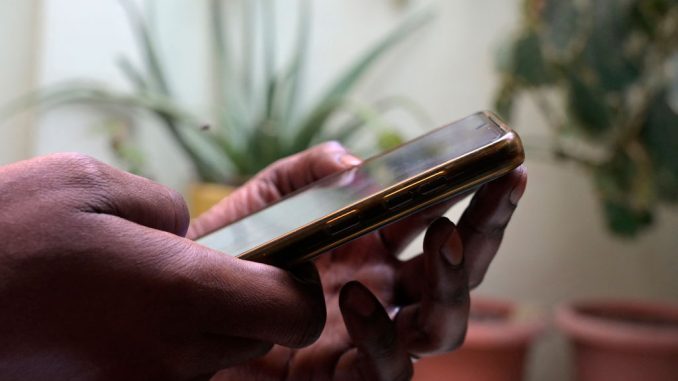
By Marvellous Nyang
The disruption to internet services in Africa due to damage to undersea cables could potentially take weeks or even months to resolve, impacting millions of users across Nigeria and other seven West African countries and even reaching South Africa.
The cause, possibly a shifting seabed, remains uncertain resulting in major internet disruption reported in various countries across Africa.
Widespread outages were reported on Thursday, March 14, 2024, in countries including Nigeria, South Africa, Ivory Coast, Liberia, Benin, Ghana and Burkina Faso.
Since then, services have largely been restored in Liberia and South Africa.
According to experts, the internet outage may be prolonged because repairing undersea cables is a complex and time-consuming process, often requiring specialized equipment and expertise.
Additionally, factors such as the remote locations of the damage and challenging underwater conditions can further delay restoration efforts.
The cause of the cable cutting, speculated to be a shifting seabed among other possibilities, underscores the vulnerability of the infrastructure to natural and man-made disturbances.
This incident highlights the importance of maintaining and diversifying internet infrastructure to ensure the resilience of connectivity in the region.
Still, the cause of the cable failures was not immediately clear, to the frustration of millions of customers around the continent.
“There seems to be a pattern in the timing of the disruptions, impacting from the north to the south of Africa,” said Cloudflare Radar, which provides information on internet connections.
The Nigerian Communications Commission (NCC), which regulates the telecoms industry, said the outage was caused by damage to international undersea cables running along the West African coastline.
“The cuts occurred somewhere in Cote d’Ivoire and Senegal, with an attendant disruption in Portugal,” said NCC spokesman Reuben Muoka.
Sometimes undersea cables can get cut, even by debris, a retired expert told the BBC.
He added: “You can also have undersea earth slides – sections of seabed can become unstable, sending huge amounts of mud down a canyon or gulley.”
ALSO READ: Ghana opens talks with bondholders to restructure $13 billion debt
“Where cables come ashore and are buried underground, they could be prone to accidental or intentional damage.”
Whatever the cause, it has resulted in major difficulties for people who rely on the internet for a living.
“It’s been impossible to communicate with my clients – I also needed to organise a delivery through an online app,” fashion designer Cheick Senou told the BBC on Friday from Abidjan in Ivory Coast.
“I couldn’t do anything without the internet.”
Internet connectivity in the Ivory Coast was down to around just 4% on Thursday morning, according to Netblocks, which tracks cybersecurity and internet connectivity.
Liberia at one point dropped to 17% while Benin was at 14% and Ghana at 25%, Netblocks said.
In South Africa, Vodacom on Thursday said that customers were “experiencing intermittent connectivity issues due to multiple undersea cable failures”.
A fault was also reported on the MainOne cable system which serves Nigeria’s commercial hub, Lagos.
The Liberian government confirmed on Thursday that internet disruption had been reported from that morning.
Citizens were unable to access the basic internet as well as social media across the vast majority of the country. International bank transfers were also reported to be affected while there were limited international voice calls.
“It seems like 50% of my life is gone today,” Benjamin Garkpah told the BBC from the Liberian capital, Monrovia, on Thursday.
Fatumata Barry said her business had stalled because she couldn’t receive payments through mobile money.
The Liberia Telecommunications Authority said it was caused by an incident involving the Africa Coast to Europe (ACE) submarine communications cable in Ivory Coast.
In Ghana, the National Communications Authority (NCA) reported that multiple undersea cable disruptions were responsible for the outage.

